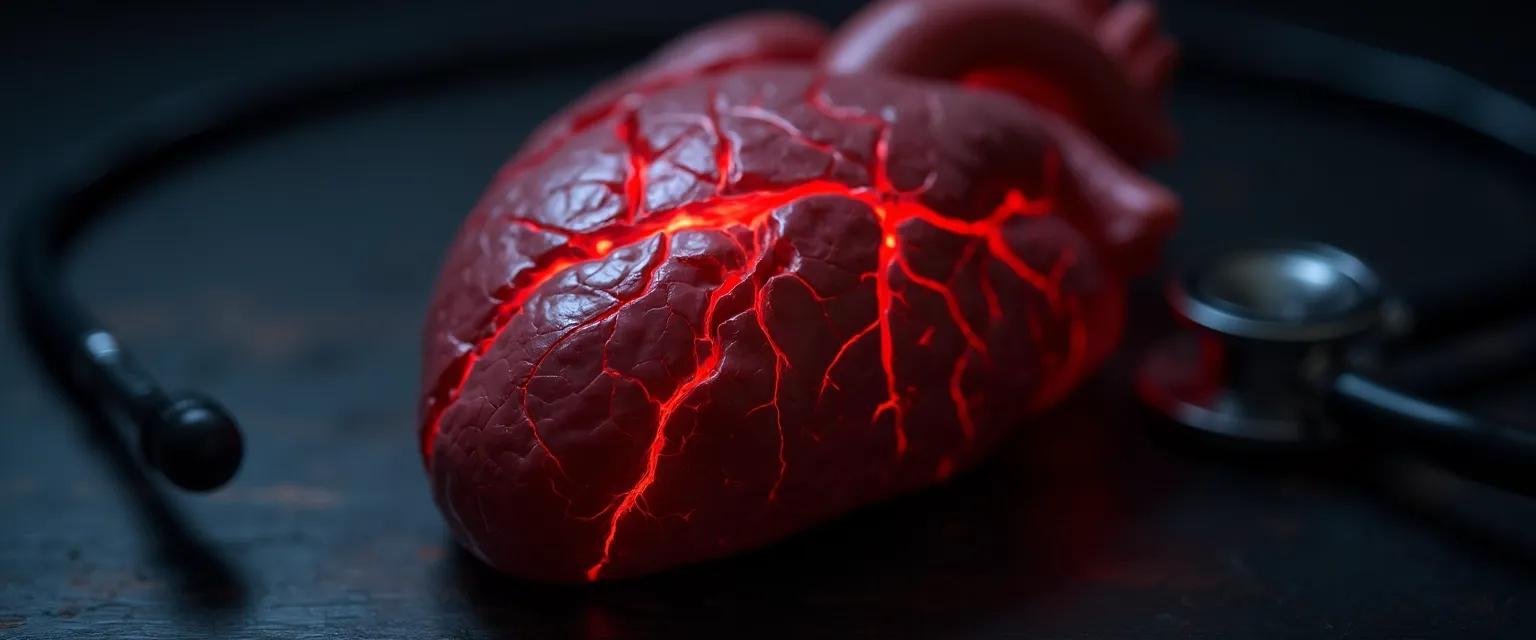This What Heartbreak Feels Like: Physical Symptoms You Shouldn't Ignore
Ever had your heart broken and felt like you were physically ill? This what heartbreak feels like goes far beyond the emotional devastation we typically associate with lost love. Your body actually responds to emotional pain with very real physical symptoms that mimic illness or injury. The phenomenon isn't just poetic metaphor—science confirms that heartbreak activates the same neural pathways as physical pain, creating a whole-body response that demands attention.
Understanding this what heartbreak feels like on a physiological level helps explain why you might feel completely depleted after a significant emotional loss. Your brain processes the absence of someone important similarly to how it processes physical threats, triggering a cascade of stress hormones and anxiety responses that manifest throughout your body.
When you're navigating the turbulent waters of heartbreak, recognizing these physical symptoms gives you valuable information about your wellbeing and helps you take appropriate steps toward healing. Let's explore the best this what heartbreak feels like recognition techniques to help you understand what's happening in your body.
This What Heartbreak Feels Like In Your Body: The Physical Alarm System
Perhaps the most striking physical symptom is chest pain—that ache that makes you wonder if this what heartbreak feels like could actually damage your heart. While typically not dangerous, this sensation occurs because emotional distress activates your sympathetic nervous system, causing muscle tension around your heart and chest. Your breathing patterns change, often becoming shallow, which further contributes to discomfort.
Sleep disruption represents another major physical manifestation. You might experience insomnia as your mind replays events, or paradoxically, you might sleep excessively as your body attempts to escape the pain. Either way, this disruption impacts your brain's response to stress, creating a cycle that prolongs recovery.
Your digestive system also broadcasts this what heartbreak feels like through appetite changes. The stress hormones flooding your system can trigger either comfort eating or complete loss of appetite. You might experience stomach pain, nausea, or digestive issues as your enteric nervous system (sometimes called your "second brain") responds to emotional distress.
Particularly concerning is the impact on your immune function. Research shows that significant emotional stress temporarily suppresses immune response, making you more vulnerable to colds, infections, and flare-ups of existing conditions. This explains why many people fall ill during periods of intense heartbreak.
Your endocrine system responds to heartbreak by releasing cortisol and adrenaline, preparing your body for danger. This hormonal flood explains the physical symptoms of this what heartbreak feels like, including trembling, fatigue, headaches, and even skin breakouts. These hormones, when chronically elevated, can impact everything from your metabolism to your cardiovascular health.
Recognizing When This What Heartbreak Feels Like Needs Attention
While experiencing physical symptoms of heartbreak is normal, certain warning signs warrant attention. Persistent chest pain that radiates to your arm, jaw, or back needs immediate medical evaluation to rule out cardiac issues. Similarly, if your sleep disruption continues for more than two weeks, it's time to take additional steps.
For most physical symptoms, simple this what heartbreak feels like management techniques can provide relief. Deep breathing exercises help regulate your nervous system, reducing chest tightness and anxiety. Maintaining regular meals, even when you don't feel hungry, helps stabilize your blood sugar and energy levels.
Physical movement—even gentle walking—releases endorphins that counteract stress hormones. This provides a natural antidote to many physical symptoms of heartbreak. Prioritizing sleep hygiene by maintaining consistent bedtimes and limiting screen exposure before bed helps restore healthy sleep patterns.
Most physical symptoms of heartbreak resolve within two to three months as your body adjusts to the new emotional reality. However, if symptoms persist or worsen beyond this timeframe, consider consulting a healthcare provider. Prolonged physical distress can indicate that your body needs additional support to recover from the significant stress it's experiencing.
Understanding this what heartbreak feels like physically empowers you to respond appropriately to your body's signals. By recognizing these symptoms as normal responses rather than signs of weakness, you can approach recovery with patience and self-compassion. Your body's alarm system is working exactly as designed—alerting you to significant emotional distress and encouraging you to take care of yourself during this challenging time.
Remember that experiencing the physical symptoms of heartbreak is universal—this what heartbreak feels like affects everyone who has loved and lost. By honoring both the emotional and physical aspects of your experience, you create space for complete healing and eventual renewal.




